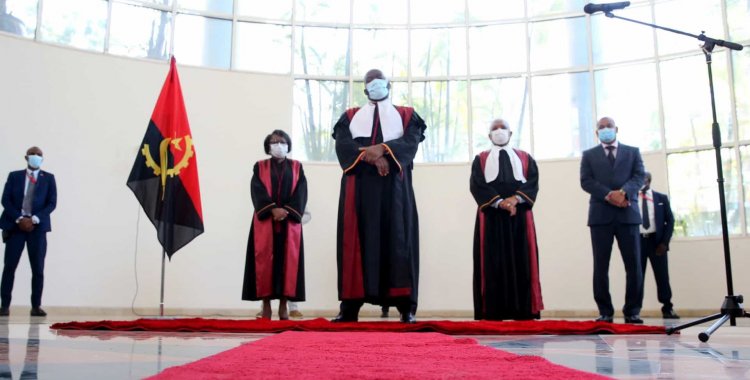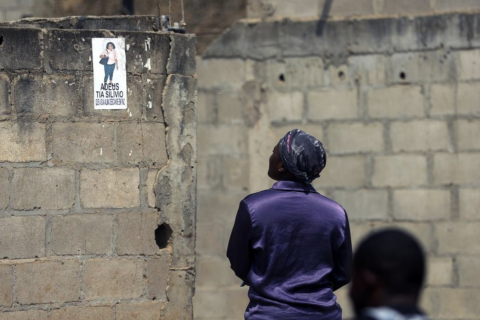The Public Prosecutor's Office, in its decision-making, may take mental illness into account, either when choosing to proceed with the prosecution, - or in using its jurisdiction to impose treatment, instead of continuing the criminal process. Judges, either individually or collectively, can signal the inappropriateness of prosecuting and imprisoning people with mental illness, or through their
sentences, intervene on the psychological state of the offender. Nevertheless, some prudence is necessary in this regard, insofar as, - the agents of justice, lack ample information, on the approaches related to psychic health. Otherwise, what we mean by this is that what judges know about mental illness itself or about health care is not enough, - either in terms of quantity or productivity of knowledge, to make informed decisions about criminal actions , which involve authors with mental illnesses.
As long as mental health care services are not established and maintained, there will be risks of various negative social consequences, among others, the intensification of social deviance. It is worth mentioning that such an effect is not inevitable, but highly probable, due to the inexistence of an adequate social response of the Court, in the face of offenders with mental illnesses. However, strategies must be inserted in the
current system of the Courts, among others, the specialized forums. Effectively, there are advantages in bringing together specialized knowledge in certain justice agents (Judges, Public Prosecutors, etc.), aiming to make it possible for judicial processes to be handled by specialist magistrates, and to prevent "generalist" magistrates from continuing - accuse and judge without the benefit of expert knowledge.
Previous
Heriwalter Domingos The opinion of...








